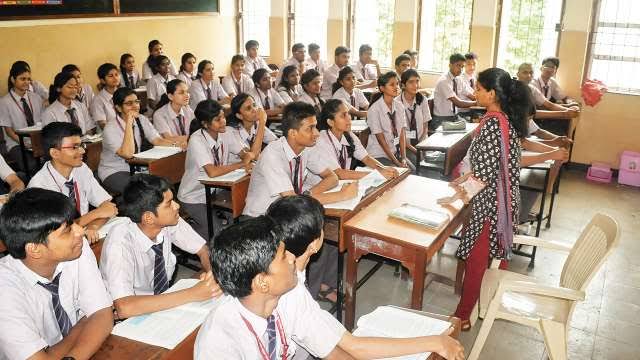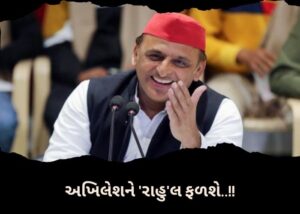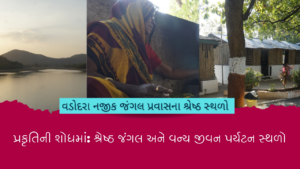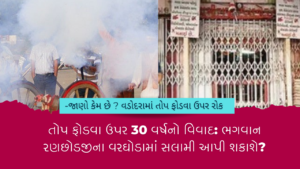The 28th National Annual Conference of Sahodaya School Complexes (2022) began on 18th November 2022. This year the conference is being held in collaboration with Gyan Sarovar Sahodaya –The Central Gujarat CBSE Schools Sahodaya Complex. The main theme of 28th National Annual Conference of Sahodaya School Complex 2022: Education 4.0 is Reinventing Education for 2030.
This year’s conference is hosting the representatives of more than 200 Sahodaya School Complexes and educationists from around the world in a two-day event at Vadodara. Principals from 800 plus CBSE affiliated schools in the country and abroad, academics, and senior officers of the Board are participating in this two-day conference which will visit upon various themes.
The session of the conference began by addressing the Chairperson of CBSE Smt. Nidhi Chhibber.
Senior bureaucrat Nidhi Chibber has been appointed as the chairperson of the Central Board of Secondary Education (CBSE). In the conference she said that, this conference has been organized to guide for the implementation of the new education policy. We will discuss the role of CBSE in the implementation of the new education policy. CBSE will shortly issue a demand asking all school to prepare for a migration from the current academic system to a more graded one as proposed in the National Education policy 2020.
What is National education policy 2020? (5+3+3+4)
The Union Cabinet approved the National Education Policy (NEP) in July 2020. This policy will usher in sweeping changes to the education policy of the country.
The 10+2 structure of school curricula is to be replaced by a 5+3+3+4 curricular structure corresponding to ages 3-8, 8-11, 11-14, and 14-18 years respectively. This will bring the hitherto uncovered age group of 3-6 years under school curriculum, which has been recognized globally as the crucial stage for development of mental faculties of a child.
According to the policy,
A child of 3 to 6 years of age has to study in Anganwadi, Preschool or Balmandir.
After that 6- to 8-year-old child will have to study in class-1 and class 2. Which will be called foundation stage.
A student of 8 to 11 years has to study in class 3 to 5. This segment of three years will be called the preparatory stage.
A student of 11 to 14 years has to study in class 6 to 8. This education segment of three years will be called middle stage.
While 14- to 18-year-old student has to study from class 9 to 12. This education segment of four years will be called secondary stage.
Now according to the new education policy, education has to be taken in four stages namely five years, three years, three years and four years.
–An article by Stuti Shukla












